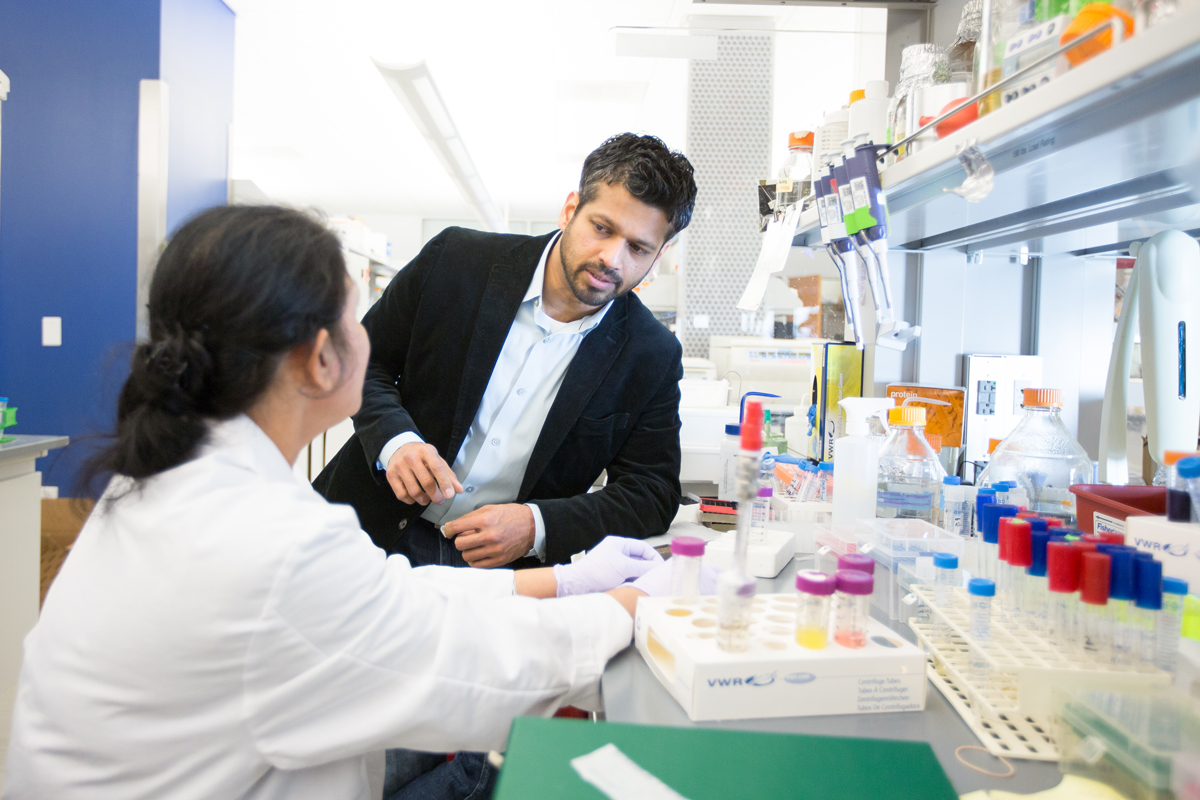New Baliga Article: ‘The Promise of Systems Biology’
 isbscience.org/news/2017/01/27/new-baliga-article-promise-systems-biology/
isbscience.org/news/2017/01/27/new-baliga-article-promise-systems-biology/
ISB Director and SVP Dr. Nitin Baliga contributed an article to the Missoulian Newspaper that explains the power of the systems biology approach to research. Read the full article…
“Biology is complex. The need to understand this complexity drives advancements in technologies that are required to measure properties of all of the constituent parts and to understand how they interact with one another. The application of those technologies generates large amounts of data, which are analyzed using algorithms or models run on computers. In doing so, new discoveries are made, and we move another step closer to understanding how dysfunction at the molecular level results in complex disease. Through this process, a systems biology approach can provide the knowledge required to personalize therapy based on a person’s specific genetic make-up, enabling doctors to target and tailor treatment to the uniqueness of every individual.”





